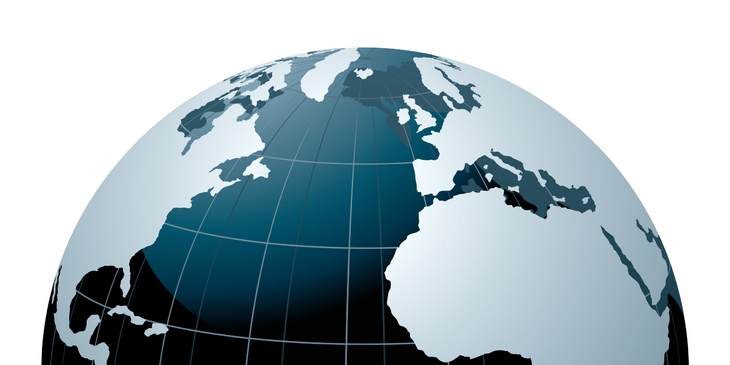
EU foreign policy: A necessity, not an option
No one who has lived through the recent weeks of international crisis over Iraq can doubt that making a reality out of Europe's Common Foreign and Security Policy is both one of the highest priorities for the European Union and one of the most difficult tasks it faces. It is clear that a collection of European countries that speak with different voices will be marginalised, and that they are unlikely to have much influence on policy-making in Washington or elsewhere.
But when Europe does pull together, speak with a single voice, and has a recognisable common policy, its influence is already great. Europe has taken the lead in launching the next round of trade liberalisation, and is managing the tensions caused by US protectionism over steel and other matters in a sensitive and effective manner. Moreover, Europe has rescued the Kyoto Protocol, leading a broad international consensus on the need to take action on global warming. Even in the Balkans, after the shakiest of starts and after several years of US dominance in policy-making, Europe is now firmly in the lead in terms of resources and of policy input. EU involvement is having a clear and beneficial influence in Macedonia and Montenegro, and in managing the complex peace-building operations in Bosnia, Kosovo and Serbia.
So it can be done. But the obstacles are great. And, particularly when it comes to the use of force, the different traditions and historical backgrounds, as well as the different capabilities of the member-states, create tension and disunity. An EU which is going to develop effective policies in the Middle East, in Africa and towards Russia and the Ukraine, will require the kind of political will and determination that led to the creation of the single market and single currency. Nor can Europe's common foreign policy be either just an extrapolation of the national policies of the larger member-states, or a kind of keeping one's head down and taking refuge in verbal formulations of goodwill. The EU is just too big and too significant a player to be able to get away with that.
But how can Europe fashion and operate a common foreign policy? Here are a few suggestions.
There are currently too many cooks in the kitchen. The rotating presidency is a weak link. So why not begin to phase out its foreign policy role by asking Javier Solana, the High Representative, to chair the new ministerial council for external relations that was agreed at Seville? And why not take more steps to fuse the activities of the Commissioner for External Relations and the High Representative into a single team,that can deploy all the Union's instruments of foreign policy in a coherent manner?
Decision-making is also too cumbersome. There is a strong pull towards soggy consensus. The influence of the larger member-states is great, but resented by the smaller countries, and all the more so because of a lack of transparency. Yet too often the big three Britain, France and Germany disagree amongst themselves, leaving the EU paralysed. The UN Security Council takes decisions on the basis of a minimum number of required positive votes (9 out of 15), although any one of the permanent members may employ a veto. The EU should adopt a similar model, with large members having no more votes than small ones, but enjoying a right of veto. After all, the requirement of more than a numerical majority to make a decision gives the smaller member-states their own blocking position. And, if a veto in Europe required two and not one of the larger member-states to back it, that would remove some of the arbitrary and capricious aspects of the UN system.
Little has been done to make use of the great untapped reserve of European foreign policy the world-wide diplomatic network of its member-states and of the Commission. The present arrangements are, frankly, laughable a weekly meeting of EU ambassadors here, a lowest common denominator report there. What is surely required is a systematic, long-term review of the resources available and how best to put them to the use of the Union, without neglecting the various functions which the member-states will continue to perform separately. An independent panel of politicians and diplomats should be asked to produce an action plan within a few months.
The parliamentary dimension cannot be neglected. But it needs to take account of the inter-governmental nature of foreign and security policy. Why not establish a European Union foreign affairs committee composed of members drawn from the European Parliament and from national parliaments? The new committee should hold hearings with key officials and, in particular, review the work of Solana and of Chris Patten, the commissioner for external relations.
Many of these improvements do not need to await the outcome of the Convention, which is currently meeting in Brussels, nor of the inter-governmental conference which is to follow in 2004. They could and should be put in hand without delay.
All this may sound difficult, and it is. But the alternative, of pursuing economic and political integration while leaving foreign policy and security issues in a kind of limbo, is surely not a sensible way to proceed. It is a recipe for the marginalisation of the Europeans, and it will eventually also undermine the progress being made in those areas where Europe has so far been a resounding success.
